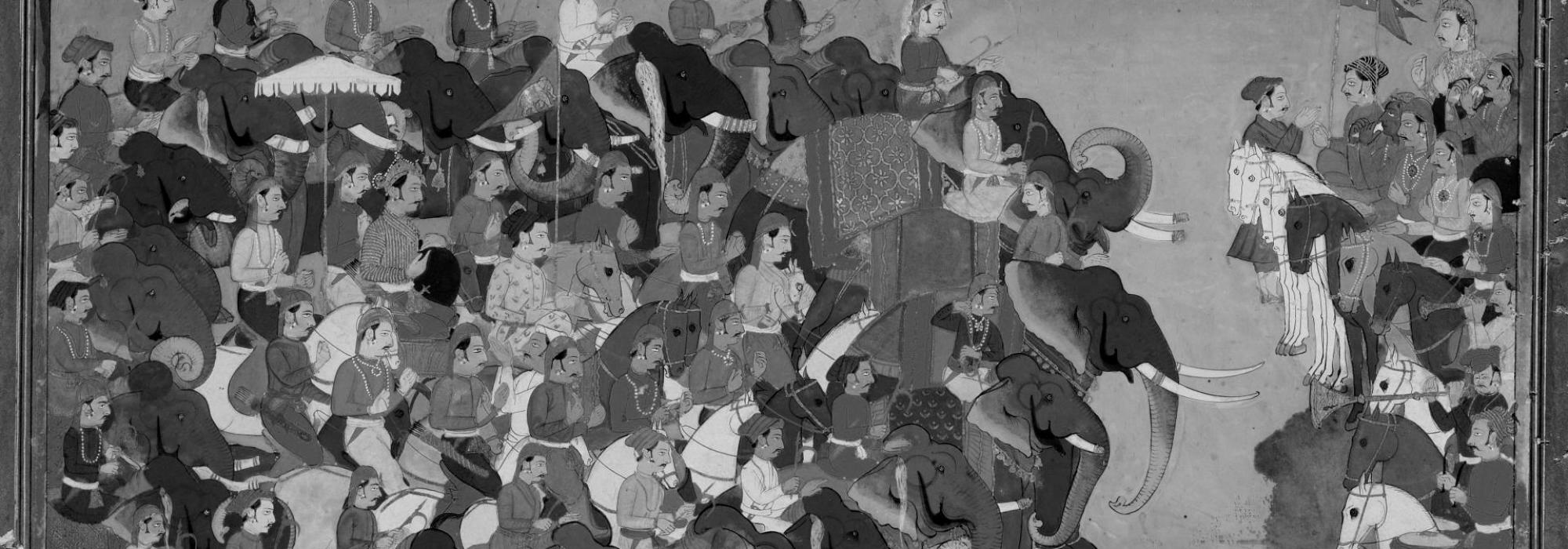The basic idea of the Gita was to convince Arjuna to fight the war and kill his enemies. Krishna tells Arjuna without mincing any words that he has to face his enemies and march ahead. And in the course of this persuasion, he uses various lines of argument (see for example, BG 2.31-33, 11.34). But this is not an empty exhortation. Krishna himself has killed others. He has killed his own people too. He killed his own maternal uncle Kamsa because the latter was not adhering to dharma and was ruling over the kingdom as a tyrant. He killed many evil people like Putana (BP10.6), Shakatasura (BP 10.7), Aghasura (BP 10.12), Dhenukasura (BP 10.15), Pralambasura (BP 10.18), and Keshi (BP 10.37). Krishna too waged wars.
Krishna’s philosophy could be summed up by description of a sage in the Gita – A person of steady intellect is not agitated by adversity; he does not crave for pleasures; he is free from obsession, fear, and anger (BG 2.56). After all, in his own life, Krishna was never agitated by adversity nor did he hanker after pleasures. He was utterly fearless. So many times, he risked his own life without a second thought. When he realized that the serpent Kaliya was poisoning the waters in Vrindavana, he instantly jumped into the river, ready to take on the serpent.
In his life, Krishna took both calculated risks and uncalculated risks. The word sahasa applies perfectly to Krishna. Sahasa is not just bravery; it is also risk, courage, adventure – the spirit of taking a chance. Being a person who has taken many risks, he tells Arjuna that there is no need to fear. He basically says: Take a bloody risk! If it pays off, you will be victorious and enjoy the bountiful kingdom. And what’s the worst that can happen? You will die. You will go to heaven (BG 2.37). So what if you go to heaven – there’s always another chance. Another birth. Another life. Another opportunity. No big deal (see BG 4.5).
The question arises, however, is Krishna merely a cold-blooded killer asking his poor friend to follow in his footsteps? This is where we have to examine his motives in killing all those people. What did Krishna gain by killing Kamsa? Was it out of greed or anger? Was it under the influence of some intense emotion? After he killed Kamsa, the entire Yadava clan offered the kingdom to Krishna (BP 10.44) Instead of ruling it himself, Krishna asked Ugrasena (i.e. Kamsa’s father; Krishna’s grandfather) to rule it (BP 10.45), after releasing him from prison (Kamsa had usurped the throne from his father and thrown him into prison). Urgasena ruled the kingdom for a while and when he could no longer continue, Krishna did not lay claim to that kingdom. He got another person to rule it instead.
Krishna was not a war-monger but he was no simpleton. He was always for peace but he never feared war. In the Mahabharata, there is a short description of the events in Krishna’s day when he stayed with Vidura. He woke up early, performed his prayers, and then he took all his weapons with him, even though he was going for peace talks (MB 5.81).
To be continued...
















































